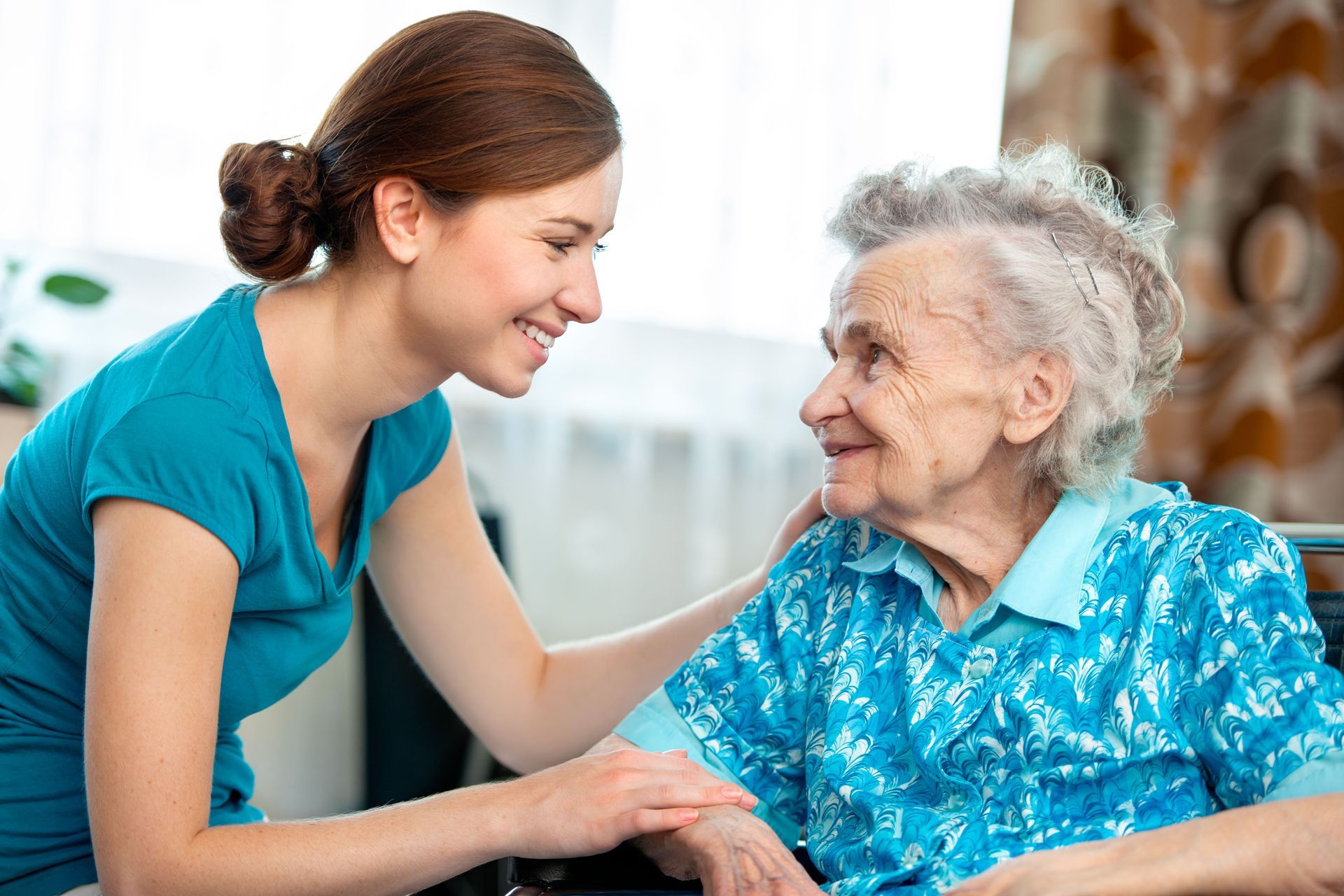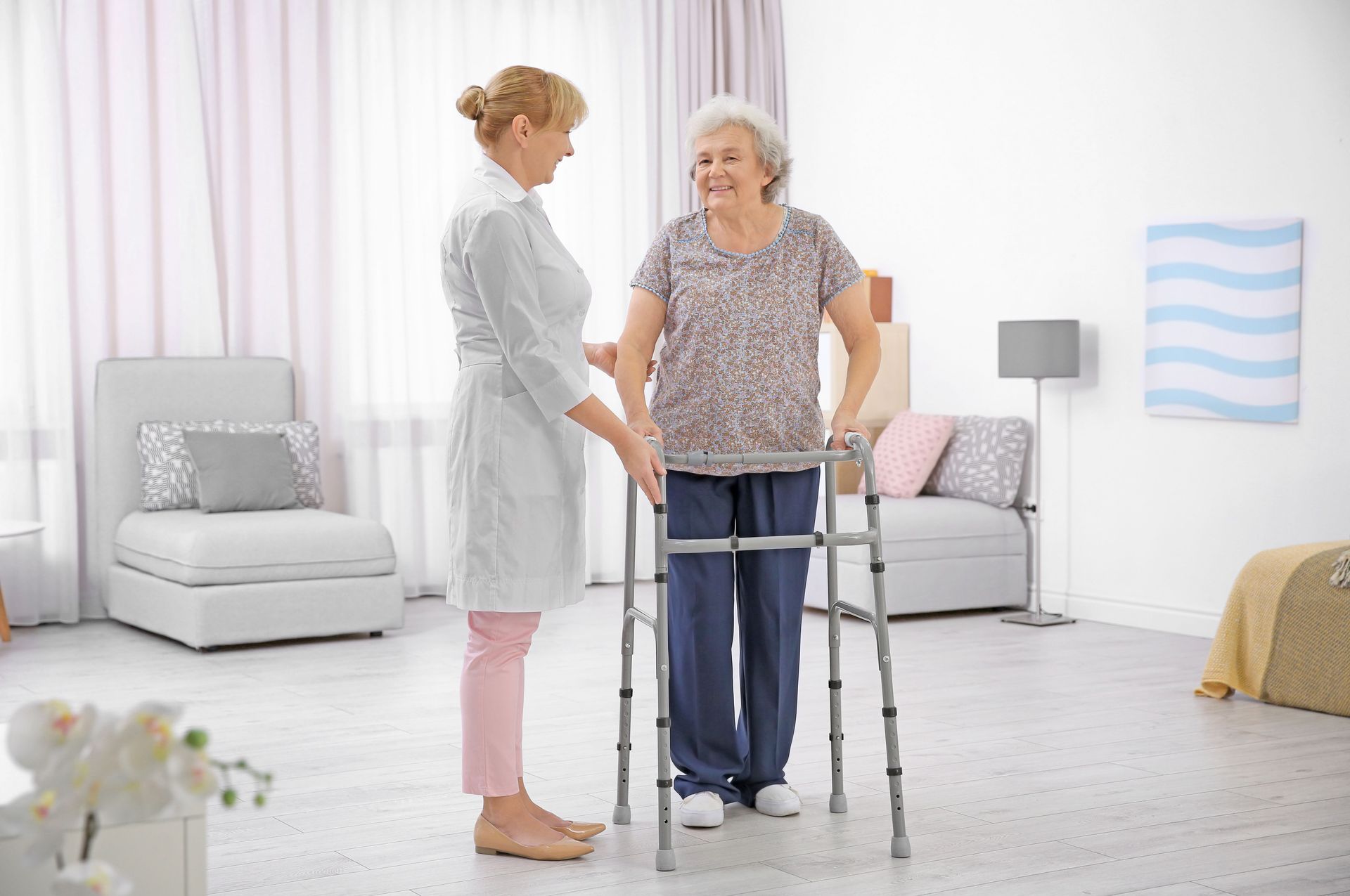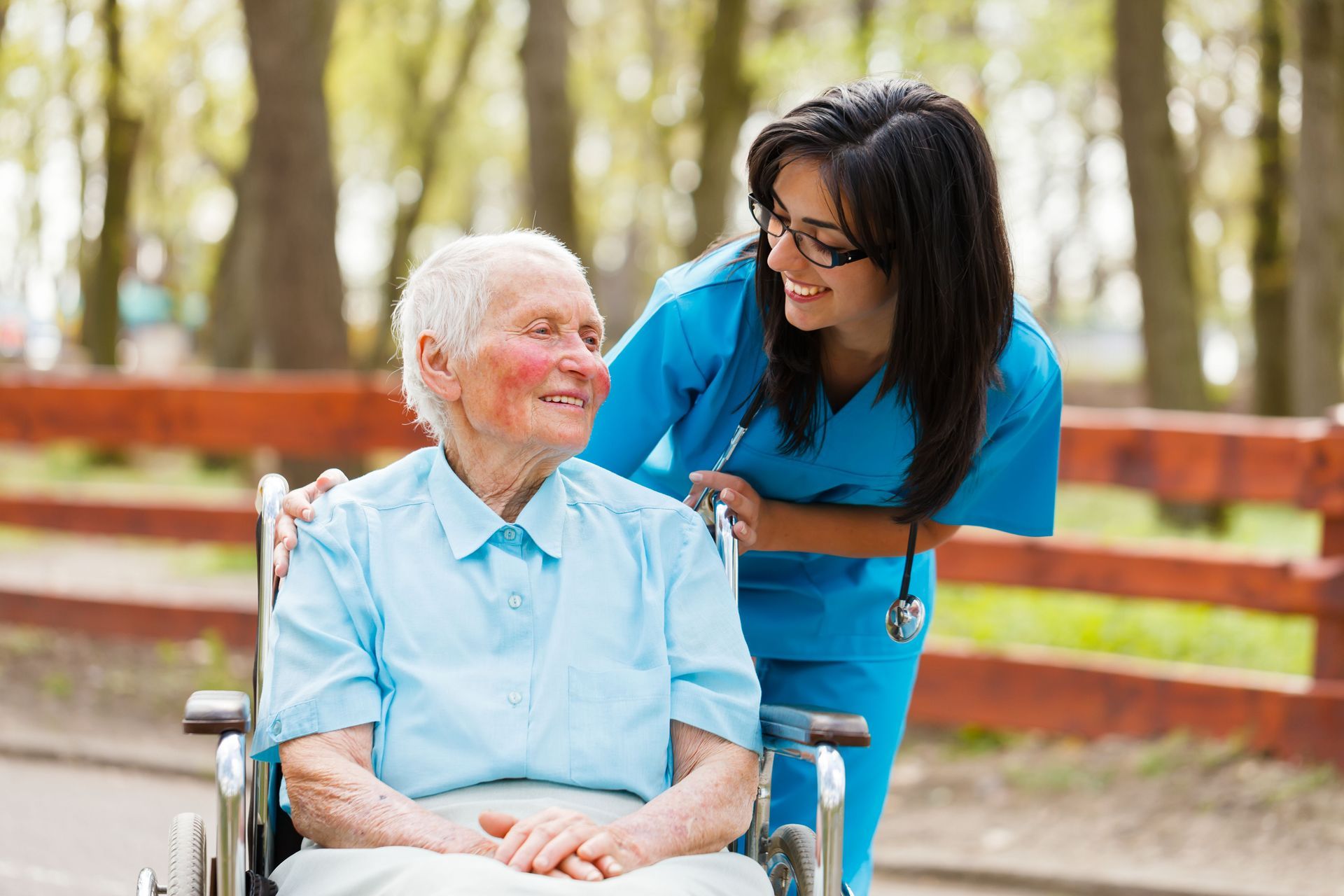Servicing Maryland, D.C and Virginia Areas
The landscape of elderly care is undergoing significant transformations as society seeks to enhance the quality of life for seniors. With technological advancements, evolving healthcare practices, and shifting social attitudes, these changes are becoming more pronounced. In this blog post, we will explore several key ways that elderly care is changing. These advancements not only aim to provide better healthcare but also cater to the growing desire among older adults to age comfortably in familiar settings.
1. New Technology in Elderly Care
One of the prominent shifts in elderly care is the increased reliance on technology. From wearable health monitors to telemedicine, technology is making it easier for seniors to stay connected with healthcare providers from the comfort of their homes. This technological integration empowers older adults to manage their health proactively. According to Carex, a U.S. News and World Report survey found that 93% of people aged 55 and older believe that aging in place is important, highlighting the critical role these innovations play in granting seniors the independence they desire.
2. Personalized and Holistic Home Care
Another transformative change in elderly care is the rise of personalized and compassionate home care services. Instead of the traditional nursing home model, there is a growing emphasis on tailoring care to meet the unique needs of each individual. This shift is not only improving the quality of care, but it is also ensuring that seniors feel valued and respected. Services now include a more holistic approach, encompassing mental health support, social interaction, and nutritional guidance. These aspects contribute to a more fulfilling aging experience and enhance overall well-being.
3. Community-Based Care Models
Community-based care is also reshaping the landscape of elderly support systems. This model emphasizes the importance of integrating seniors into community life, thus combating loneliness and promoting social engagement. Support networks involving family members, neighbors, and local organizations are increasingly involved in care plans. By promoting a sense of belonging and community interaction, these initiatives are helping to reduce the feelings of isolation that many seniors face, thus significantly improving their quality of life.
The evolution of elderly care is paving the way for a more supportive and dignified aging process. As technology continues to advance and societal norms shift, the focus is increasingly on providing personalized, community-centered, and technologically-driven care solutions. These changes are not only meeting the demands of seniors wanting to age in place but are also enhancing their overall quality of life. The future of elderly care looks promising, with a trend toward more compassionate and enabling environments for our aging population. Be sure to reach out to Specialty Care Services today for more information on our professional elderly care!








Share On: